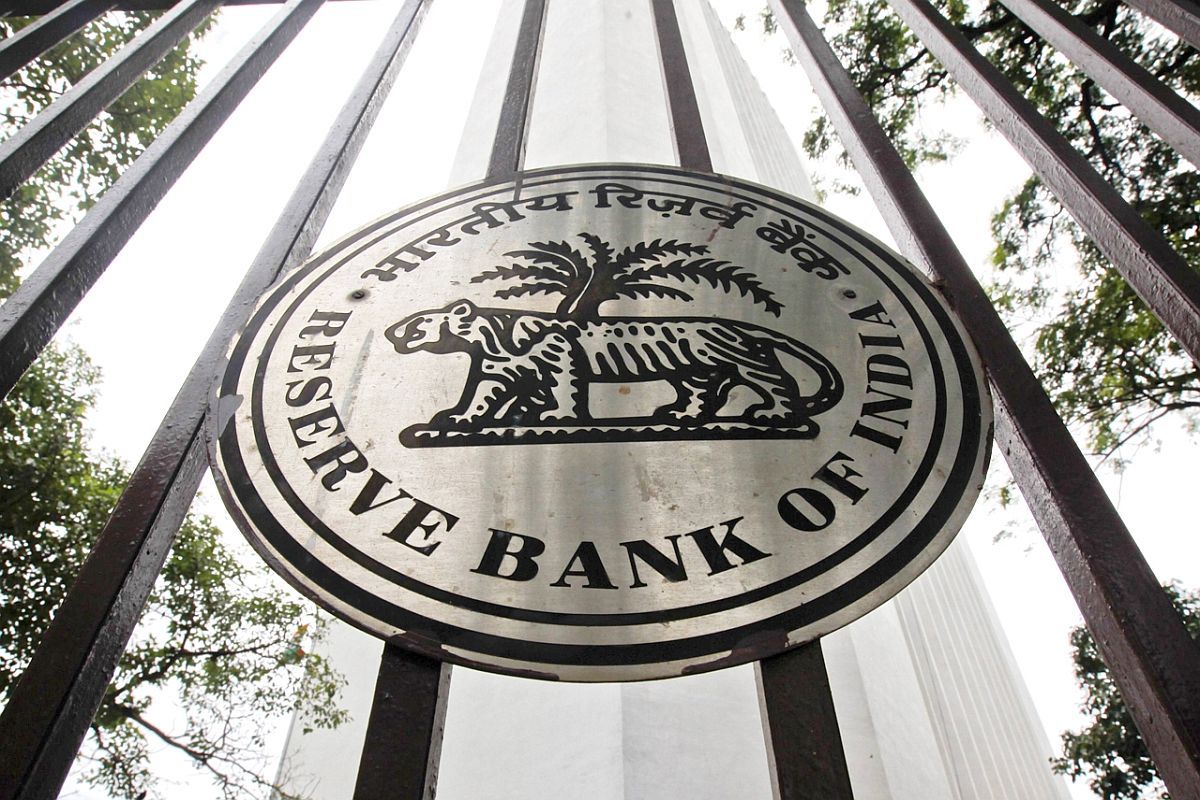The RBI’s ‘Payment Systems Vision 2021’ document would act as a catalyst for promoting digital economy and instill confidence among the general public, fintech companies say.
Aiming at a ‘cash-lite’ society, the Reserve Bank of India last week released the vision document for ensuring a safe, secure, convenient, quick and affordable e-payment system as it expects the number of digital transactions to increase more than four times to 8,707 crore in December 2021.
Advertisement
The RBI has said it will implement the approach outlined in the document during the period 2019 – 2021.
COO of Payworld Praveen Dhabhai said the vision document has a focus on empowering payment system providers and at the same time providing ease to consumers.
“We are confident with our vision as a payment system provider aligned with the regulators, we will be able to contribute in increasing the digital transactions penetrations especially in the assisted segment in smaller cities and rural Indian,” he said.
Navin Surya, Chairman Emeritus, Payments Council of India said: “Clarity in defining outcomes in terms of scale of digital and overall payments vis a vis GDP is a very good measurement to look forward to and also assess the impact of work done by all stakeholders.”
However, KYC simplicity, digital KYC and KYC bureau, as well as simplification of existing policies to enable NBFCs to issue credit cards is missing from the document, said Surya, who is also the chairman of Fintech Convergence Council.
Mandar Agashe, founder and vice chairman, Sarvatra Technologies, was of the opinion that the 24X7 helpline that the RBI plans to set will help in instilling confidence in customers regarding the digital payments system.
Other than this, geo-tagging of payment system touchpoints will help companies understand where and what type of transactions are taking place, which will also lead to curtailing frauds, he added.
The document said payment systems like UPI/IMPS are likely to register average annualised growth of over 100 per cent and NEFT at 40 per cent over the vision period (up to December 2021).
The ‘Payment and Settlement Systems in India: Vision 2019 – 2021’, with its core theme of ‘Empowering Exceptional (E)payment Experience’, envisages to achieve “a highly digital and cash-lite society” through the goal posts of competition, cost effectiveness, convenience and confidence (4Cs).
Gaurav Chopra, founder and CEO, IndiaLends, said, “With growing competition, industry players will be able to offer services at an optimal cost to their customers. RBI aims to bring innovation in technology and processes that will eventually save time of end consumers.”
CEO and co-founder of NiYO, Vinay Bagri said some of the measures proposed by RBI, such as self-regulatory organisation, strengthening offline payments and feature phone-based payment services, will go a long way in democratising the payments ecosystem.











